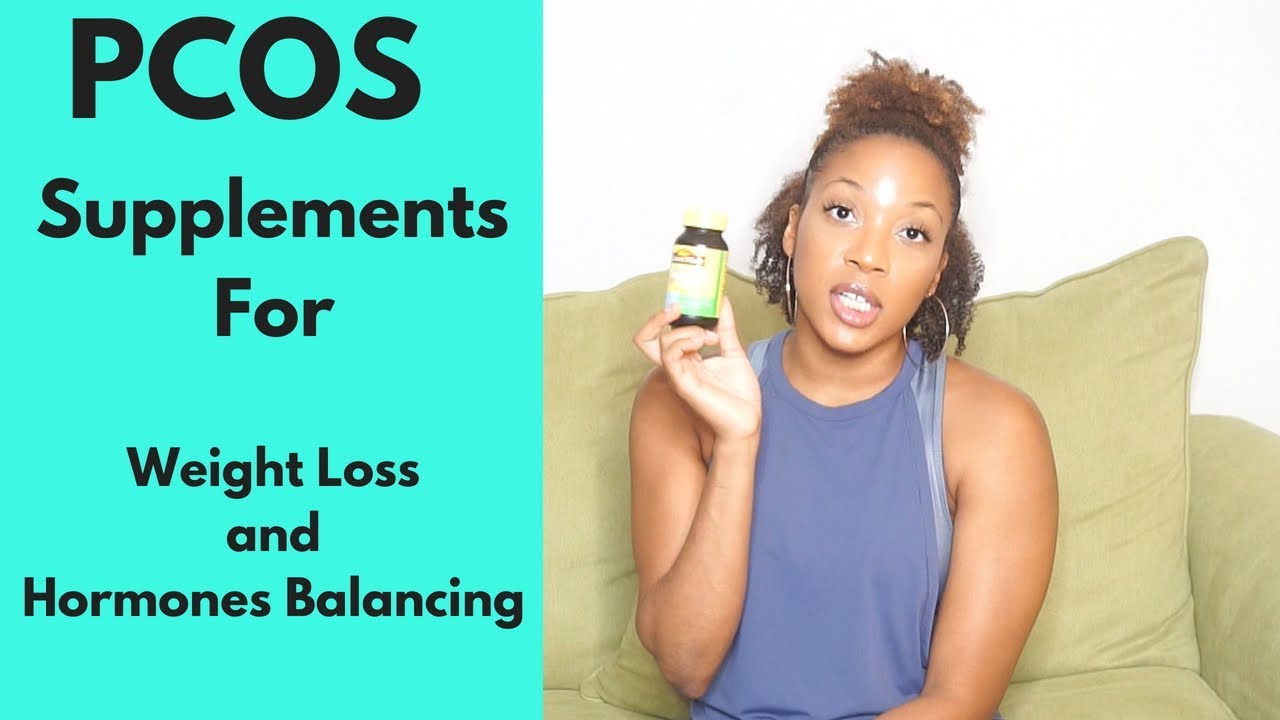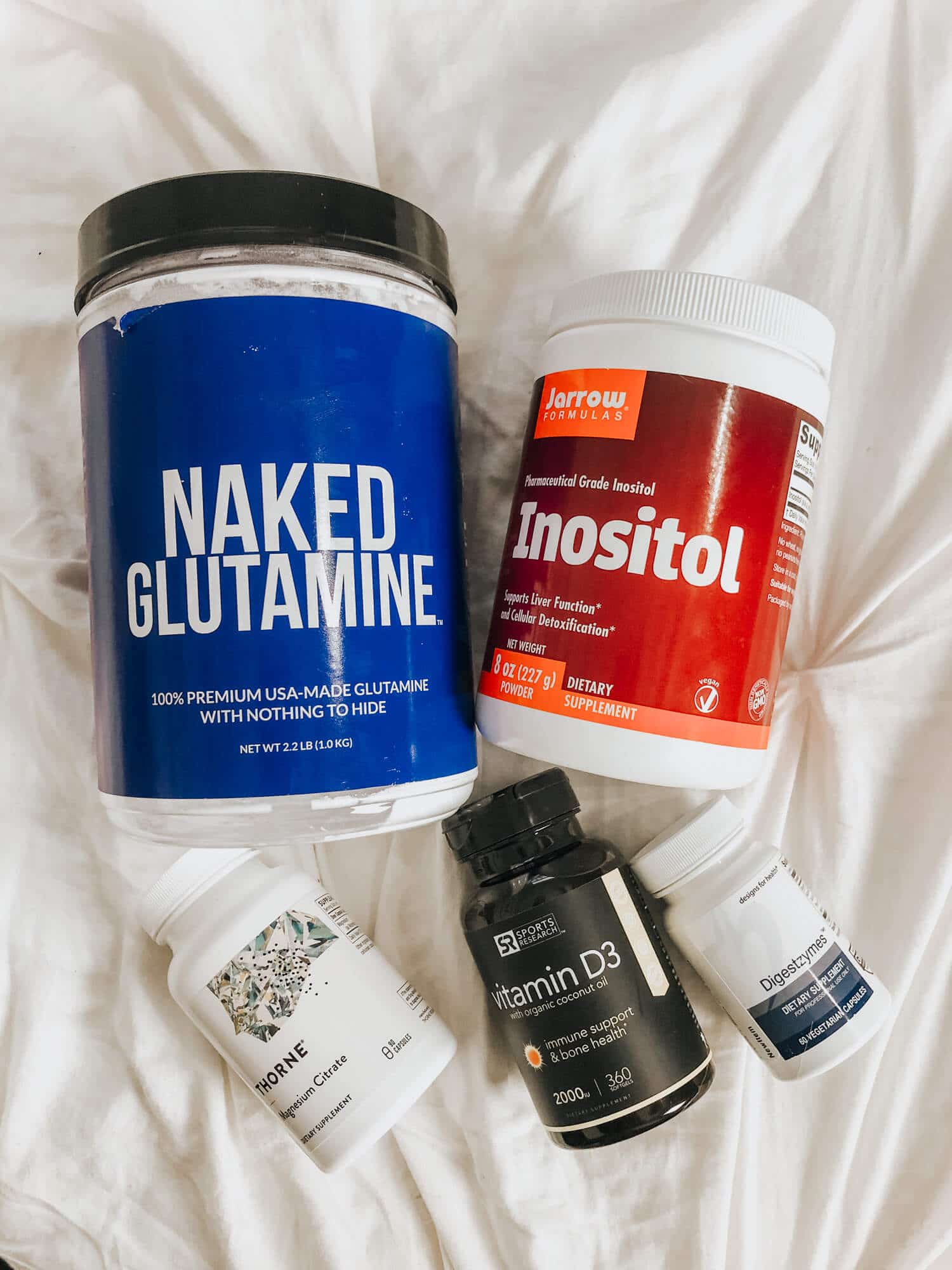Polycystic Ovary Syndrome (PCOS) affects an estimated 5-10% of reproductive-aged women globally, as reported by the National Institutes of Health. This hormonal disorder is not just known for its reproductive health implications, but also for its link to weight gain and metabolic issues, leading many women to seek effective weight management solutions. According to a recent study at WebMD, women with PCOS are more likely to struggle with obesity, with over 50% of those affected experiencing significant weight gain at some point in their lives.

pcos weight loss supplements
The search for effective weight loss strategies has led to a booming market for dietary supplements targeting PCOS. Social media platforms are buzzing with hashtags like #PCOSWeightLoss and #PCOSSupplements, where users share personal experiences and product reviews. TikTok is currently awash with videos featuring inositol, berberine, and other PCOS supplements that claim to aid weight loss and improve insulin sensitivity. User-generated content suggests that many women find these products helpful, sparking a lively discussion about effectiveness and personal transformation on platforms like Instagram and Facebook.
User Feedback and Trends on Social Media
Feedback from social media users indicates a rising interest in supplements for managing PCOS symptoms. For instance, on TikTok, videos discussing myo-inositol have garnered millions of views. Users highlight significant changes in their weight and overall health after incorporating these supplements into their routines. A viral TikTok trend encourages women with PCOS to share their ‘supplement stacks’—showcasing combinations of vitamins and supplements purported to help manage symptoms. Many emphasize the importance of pairing these supplements with lifestyle changes, such as diet and exercise, to achieve optimal results.
The Scientific Perspective: Expert Opinions on Weight Loss Supplements
Experts in nutrition and endocrinology are weighing in on the efficacy of various supplements. Dr. John Smith, an endocrinologist specializing in PCOS at the American Health Institute, states, “While weight loss supplements can be beneficial, they are not a magic bullet. Each woman’s response to supplements can vary significantly.”
Recent research suggests that supplements like myo-inositol and berberine may help improve insulin sensitivity, a common issue in women with PCOS. A study published in the Journal of Clinical Endocrinology & Metabolism showed that myo-inositol supplementation could lead to weight loss and improved metabolic outcomes in women with PCOS.
Additionally, a literature review by Fertility Family confirmed that berberine can enhance metabolic health and promote weight loss in people suffering from obesity, including those with PCOS. They argue that while there is promising data, further large-scale studies are needed to establish definitive benefits.
Mental and Emotional Health Benefits
The psychological impact of PCOS and related weight gain cannot be overstated. Many women report feelings of anxiety and depression due to their symptoms. According to clinical psychologist Dr. Laura Johnson, “Formulating a holistic approach to PCOS—one that includes mental health support—is essential.” She cites a study showing that women who engage in weight loss efforts and lifestyle changes often report improved self-esteem and body image.
The positive effects of weight loss supplements extend beyond physical health. Users also express a sense of empowerment upon seeing tangible results—weight loss, improved skin conditions, and greater energy levels. A viral post on Instagram encapsulates this sentiment: “With each pound I lose, I’m reclaiming pieces of my life I thought I lost to PCOS.”

Market Trends and Broader Health Movements
The PCOS supplement market is growing rapidly. According to a recent market report, the demand for health supplements, including those targeting hormonal balance, is projected to reach $836 billion by 2025. Trends like low-carb diets, ketogenics, and plant-based supplements are becoming increasingly popular among women with PCOS.
Industry experts suggest that the success of these supplements lies in their ability to support holistic health approaches that resonate with current consumer demands for natural and effective solutions. The emphasis on a balanced diet combined with supplements is creating a well-rounded strategy for women tackling the complexities of PCOS. Websites like Food Navigator illustrate how dietary patterns and consumer behavior evolve within the health supplement arena.
FAQ Section
What supplements are best for PCOS weight loss?
Common supplements include myo-inositol, berberine, vitamin D, and omega-3 fatty acids. Always consult a healthcare provider before starting any new supplement.
Can supplements help me lose weight with PCOS?
Many women find that certain supplements, alongside dietary changes and exercise, can assist in weight loss by improving insulin sensitivity and regulating hormones.
How can I speed up weight loss with PCOS?
Incorporating a balanced diet, regular exercise, and possibly supplements like myo-inositol and berberine can support weight loss initiatives for those with PCOS.
What is the recommended dose for inositol supplements?
The typical dosage of myo-inositol is around 2000 mg to 4000 mg daily, but it’s best to follow your doctor’s recommendation.
Overall, the intersection of PCOS and weight loss supplements is evolving at a rapid pace. With ongoing research, user experiences, and expert opinions, a clearer picture is emerging about the role of these supplements in managing PCOS symptoms. As discussions continue across social media platforms, women are becoming increasingly empowered to take charge of their health journeys.
Leave a Reply
You must be logged in to post a comment.